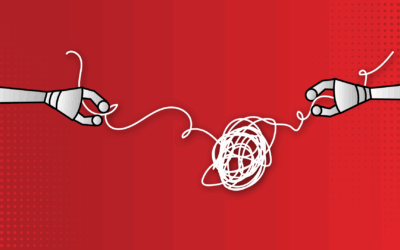The Cornell Agricultural Systems Testbed and Demonstration Site is working with the Weatherspoon lab in computer science to create a data pipeline and analytics platform that will allow farmers to aggregate their data for informed decision-making. At the same time, the researchers are ensuring that every farmer’s data will be kept private.
Cornell AI News
News Category
Filter by Topic
Four on faculty to receive DOE early-career grants
Four Cornell faculty members are among 99 researchers across the U.S. who have been awarded grants by the U.S. Department of Energy as part of its Office of Science Early Career Research Program.
Wilkens receives Schmidt Sciences award for humanities research
A research group led by Matthew Wilkens, associate professor of information science in the Cornell Ann S. Bowers College of Computing and Information Science, is the recent recipient of a Schmidt Sciences award to leverage AI in the humanities to unlock new insights in human history and culture.
AI improves flood projections under climate change
Physics-based models should be supplemented with AI hydrological models rather than relying on site-specific estimates, researchers find.
Computer vision connects real-world images with building layouts
A Cornell research team has introduced a new method that helps machines make connections between what’s on the ground and how it represented on a map – an advance that could improve robotics, navigation systems and 3D modeling.
New 3D benchmark leaves AI in knots
In new research that puts the latest models to test in a 3D environment, Cornell scholars found that AI fares well with untangling basic knots but can’t quite tie knots from simple loops nor convert one knot to another.
From Greener AI to Richer 3D Worlds: 23 Papers Debuted at NeurIPS Conference
Cornell Tech faculty made a strong showing at the 2025 Conference on Neural Information Processing Systems (NeurIPS), held Dec. 2–7 in San Diego, presenting 23 research papers at one of the world’s premier gatherings for artificial intelligence and machine learning.
Professor Vitaly Shmatikov Wins Test of Time Award for Deep Learning Research
Vitaly Shmatikov, professor of computer science at Cornell Tech and the Cornell Ann S. Bowers College of Computing and Information Science, has received the Association for Computing Machinery Conference on Computer and Communications Security (ACM CCS) Test of Time Award for his influential 2015 paper, “Privacy-Preserving Deep Learning.”








